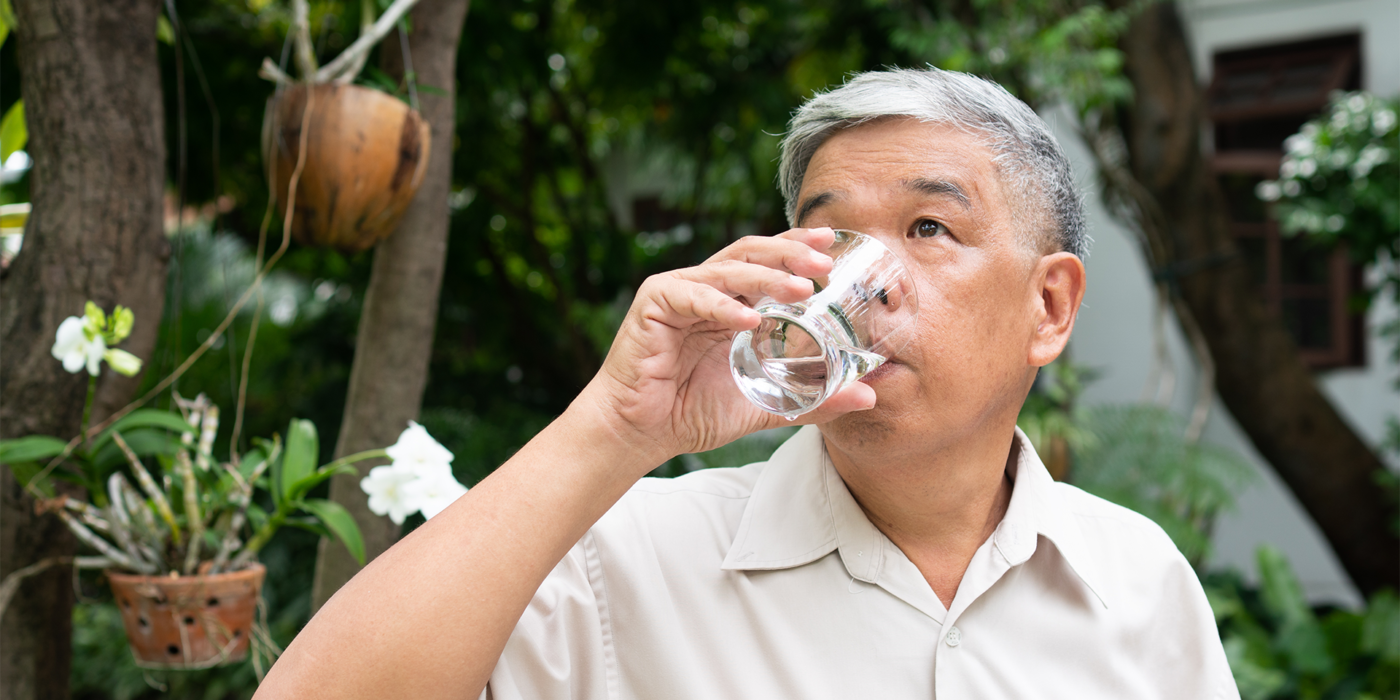Working with the elderly and how to make your day together successful:
Hydration and fluid intake
We want to openly share with the family members of the elderly some ideas about the ways you can make your day successful. This time, in our section: Working with the elderly, we discuss hydration and fluid intake.
Maintaining adequate fluid intake is crucial for the health and well-being of elderly individuals, as they are more prone to dehydration and associated health problems. Here are some things to consider regarding the elderly and fluid intake:
- Daily requirements: The recommended daily fluid intake for elderly individuals may differ based on age, gender, and health conditions. However, a general guideline is to drink at least 6-8 cups of fluid daily, including water, tea, coffee, juice, and soup.
- Health conditions: Elderly individuals with certain health conditions such as kidney disease, heart disease, or diabetes may have specific fluid intake requirements. It is important to consult a healthcare provider to determine the appropriate fluid intake for these individuals.
- Medications: Certain medications, such as diuretics or laxatives, can increase the risk of dehydration. Elderly individuals taking these medications should be monitored closely for signs of dehydration, and their fluid intake should be adjusted accordingly.
- Cognitive and physical limitations: Elderly individuals with cognitive or physical limitations may have difficulty accessing fluids or remembering to drink regularly. Caregivers should ensure that fluids are easily accessible and remind the individual to drink regularly.
- Hydration status: The elderly individual’s hydration status should be monitored regularly by checking their urine colour, frequency of urination, and signs of dehydration such as dry mouth or sunken eyes.
- Fluid preferences: Elderly individuals may have specific fluid preferences or aversions, such as preferring warm fluids over cold or disliking water. Caregivers should be aware of these preferences and provide fluids that the individual enjoys.
In summary, adequate fluid intake is crucial for the health and well-being of elderly individuals. Caregivers should consider daily requirements, health conditions, medications, cognitive and physical limitations, hydration status, and fluid preferences when managing fluid intake for elderly individuals.

Jussi Peltonen
Chair of the board
Hovi Care

